Blog
Four basic concepts at the core of Indian spirituality, Mircea Eliade
Surya Tahora - 2 January, 2020
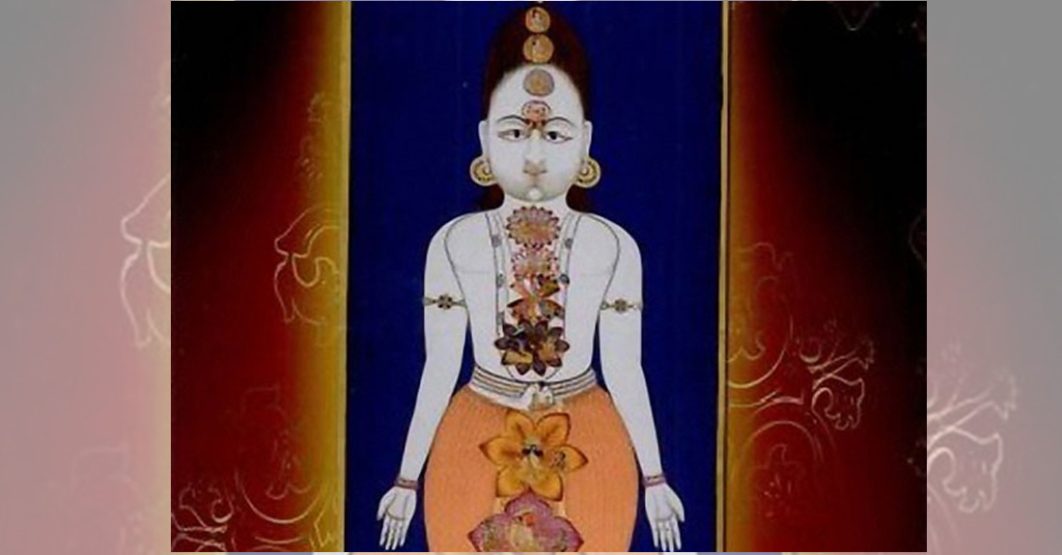
Four basic concepts at the core of Indian spirituality, Mircea Eliade
An insightful passage from Mircea Eliade, in the ‘Point of departure’ of his book Yoga, Immortality and freedom.
He explains in this introductory passage how any historical study of Indian philosophy has to discuss these four basic concepts and explain their relationship. Obviously, the various systems of Indian philosophy (Samkhya, Yoga, Vedanta, etc.) and we might also include here the Buddhist traditions, will differ on the definition they give to the concept of Nirvana or Moksa, absolute freedom. That will have consequences on the Yoga, the ways or techniques which have necessarily to be in keeping with the ultimate goal to be reached. Eliade ends by emphasizing that the pursuit of truth by the Indian sage is for achieving liberation or freedom from the limitations of human condition, which distinguishes him from a western philosopher.
Four basic and interdependent concepts, four “kinetic ideas,” bring us directly to the core of Indian spirituality, They are karma, maya, nirvana, and yoga. A coherent history of Indian thought could he written starting from any one of these basic concepts; the other three would inevitably have to be discussed. In terms of Westem philosophy, we can say that, from the post-Vedic period on, India has above all sought to understand:
(1 ) The law of universal causality, which connects man with the cosmos and condemns him to transmigrate indefinitely. This is the law of karma.
(2) The mysterious process that engenders and maintains the cosmos and, in so doing, makes possible the “eternal return” of existences, This is maya, cosmic illusion, endured (even worse- accorded validity) by man as long as he is blinded by ignorance (avidya).
(3) Absolute reality, “situated” somewhere beyond the cosmic illusion woven by maya and beyond human experience as conditioned by karma: pure Being. the Absolute, by whatever name it may be caIled—the Self (atman), brahman, the unconditioned, the transcendent, the immortal, the indestructible, nirvana, etc.
(4) The means of attaining to Being, the effectual techniques for gaining liberation. This corpus of means constitutes Yoga properly speaking.
With these four concepts in mind, we can understand how the fundamental problem of all philosophy, the search for truth, presents itself to Indian thought. For India, truth is not precious in itself; it becomes precious by virtue of its soteriological function, because knowledge of truth helps man to liberate himself. It is not the possession of truth that is the supreme end of the Indian sage; it is liberation, the conquest of absolute freedom. The sacrifices that the European philosopher is prepared to make to attain truth in and for itself: sacrifice of religious faith, of worldly ambitions, of wealth, personal freedom, and even life—to these the Indian sage consents only in order to conquer liberation. To “free oneself” is equivalent to forcing another plane of existence, to appropriating another mode of being transcending the human condition. This is as much as to say that, for India, not only is metaphysical knowledge translated into terms of rupture and death (“breaking” the human condition, one “dies” to all that was human); it necessarily implies a consequence of mystical nature: rebirth to a non conditioned mode of being. And this is liberation, absolute freedom.
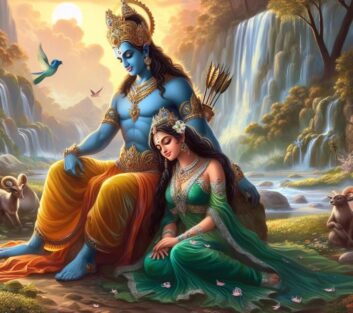
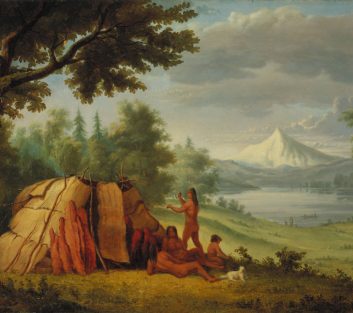
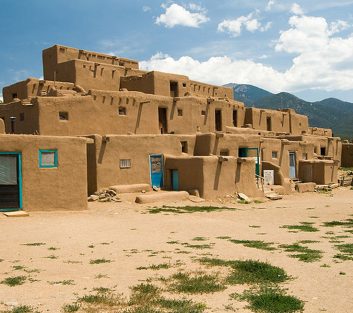


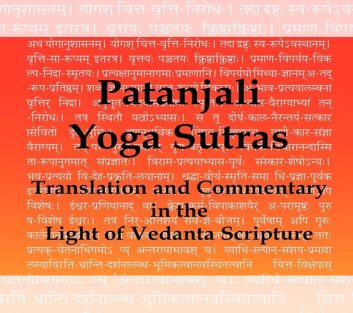
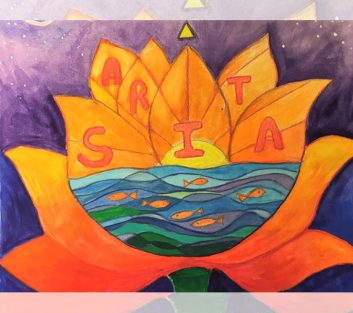


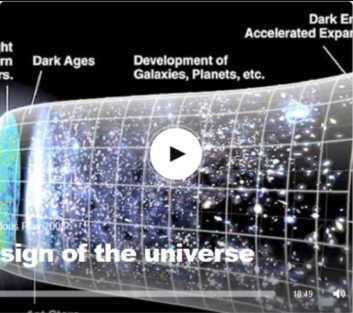

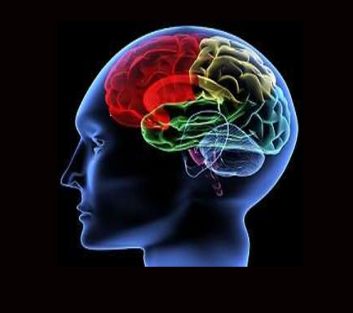
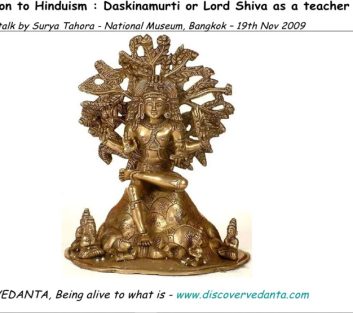
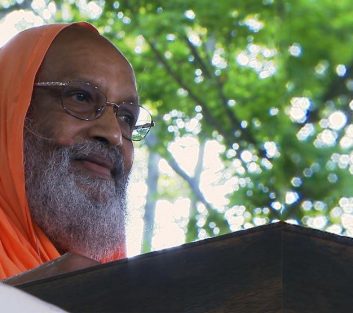
Leave a comment